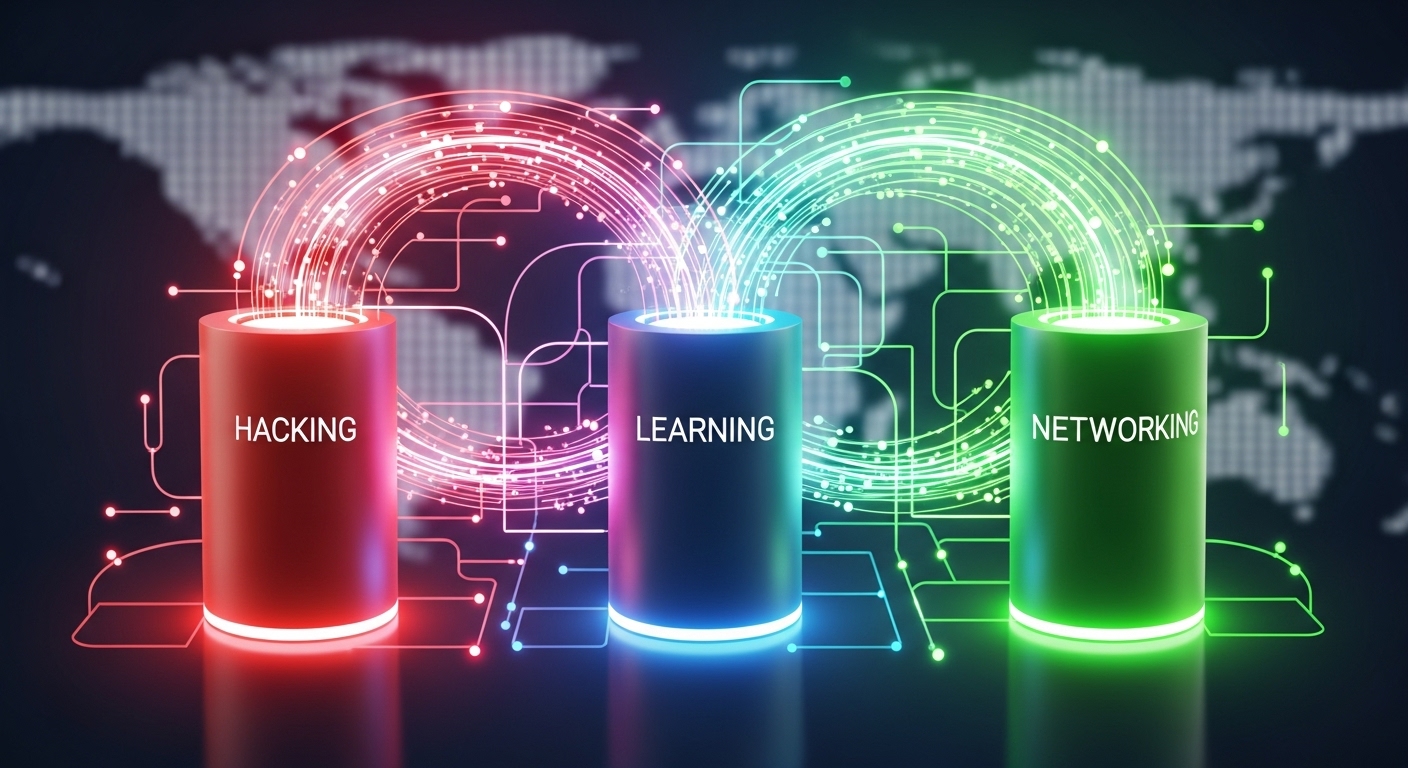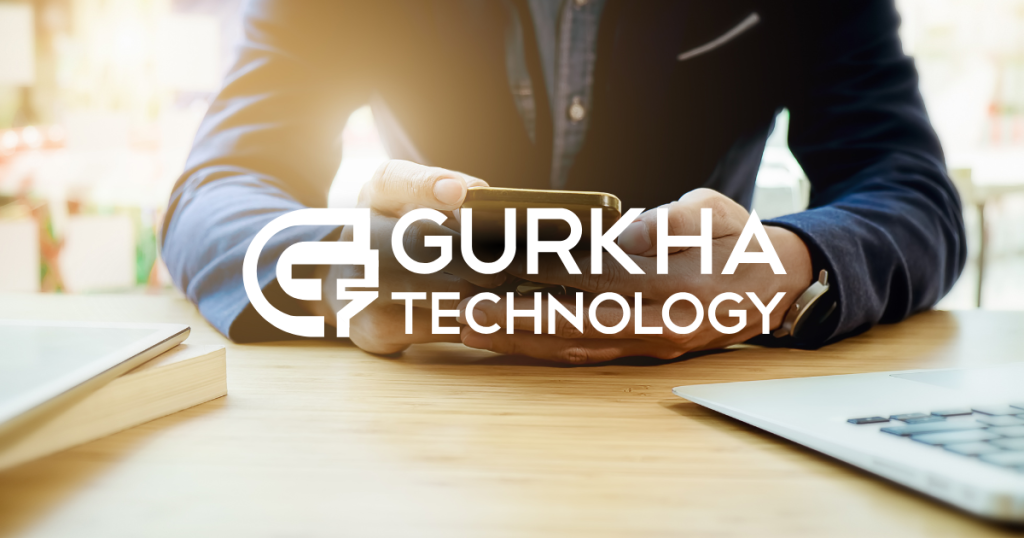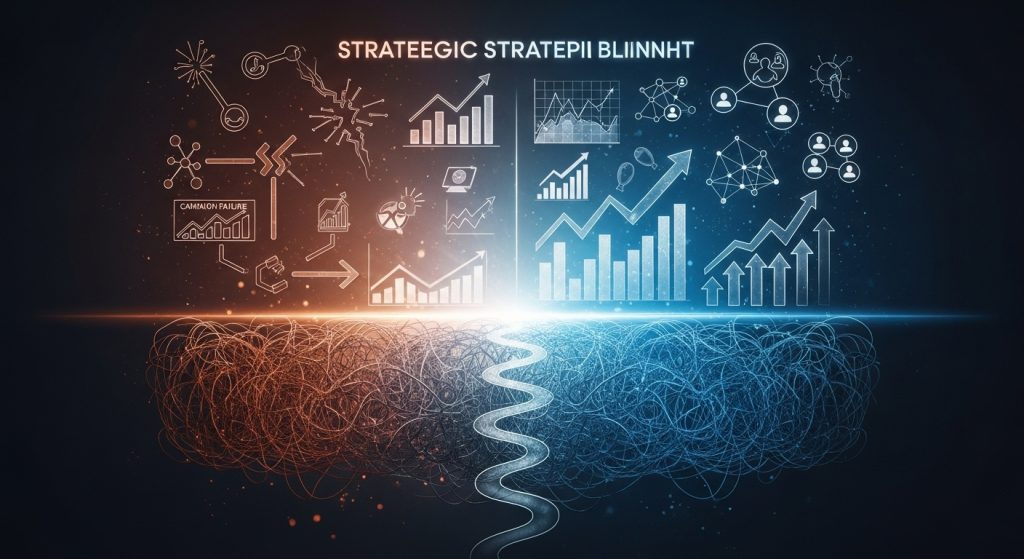MLH Global Hack Week Explained: Guide & Value Analysis
Executive Summary
Major League Hacking (MLH) Global Hack Week (GHW) is a distinct, free, and fully virtual event series that represents a deliberate evolution of the traditional hackathon model. Unlike the high-pressure, time-constrained environment of a typical 24- to 48-hour competition, GHW is structured as a week-long, thematic educational experience designed to be accessible to a global audience. The event’s core philosophy is centered on community, learning, and accessibility, welcoming participants from all skill levels, from complete beginners to seasoned professionals. The value proposition of GHW extends beyond simple project creation; it serves as a critical platform for accelerating skill development, building a robust professional network, and cultivating a low-pressure environment conducive to learning and creative exploration. By focusing on guided challenges, live workshops, and collaborative engagement through platforms like Discord, GHW provides a strategic entry point into the hacker community. The event distinguishes itself from other platforms, such as HackerEarth and DoraHacks, by prioritizing foundational learning and community building over high-stakes competition or direct hiring outcomes. This analysis provides a comprehensive overview of GHW’s unique structure, a practical guide for participation, and a detailed examination of its significant value for aspiring and experienced technologists alike.

I. Introduction: The Evolving Landscape of Developer Events
1.1. The Genesis of Global Hack Week: A New Model for the Hacker Community
For many years, the hackathon has served as a central fixture in the developer ecosystem, defined by its intense, compressed timeframe, often spanning a single weekend. These events, typically lasting 24 to 48 hours, are celebrated for their ability to spur rapid prototyping and innovation under pressure. However, this model, while effective for some, can present significant barriers to entry, including geographical constraints, travel costs, and the psychological pressure associated with a short-fuse competition. Major League Hacking (MLH), a major force in the global hacker community, identified a need for a more inclusive and accessible format, leading to the creation of Global Hack Week.
MLH Global Hack Week is a strategic departure from the traditional model, redefining what it means to participate in a hacking event. Instead of a single, intensive weekend, GHW is a free, worldwide event series that takes place throughout the year, with each iteration lasting a full week. This week-long, fully digital structure removes the immense time pressure of a 24-hour event, making it a far more welcoming and manageable experience. A comment from a long-time MLH participant highlights this distinction, noting that GHW offers “less pressure than a 24h hackathon”. This deliberate design choice broadens the event’s reach, making it accessible to individuals “anywhere” in the world, unburdened by the financial and logistical demands of in-person travel. This shift from a time-gated, location-specific event to a persistent, online series fundamentally changes the dynamic of community participation, prioritizing sustained engagement and learning over rapid, isolated sprints.
1.2. The Core Mission and Philosophy: Community, Learning, and Accessibility
The design of Global Hack Week is a direct manifestation of Major League Hacking’s core values, which are codified in its community guide. These values prioritize creating events that are “open and accessible to all students,” “safe and welcoming spaces,” and that set a “standard of excellence” for attendees. The event is explicitly described as “a 100% free event for anyone, anywhere“, a principle that removes financial barriers and promotes diversity in participation. This commitment to inclusivity is further reinforced by the event’s welcome to participants of “all ages, experiences, and statuses,” with an explicit invitation to individuals who do not yet know how to code. The event’s philosophy is rooted in a fundamental belief that every student on the planet should have access to high-quality events where they can “learn, build, and share their creations“.
The event’s structure, which emphasizes a supportive and collaborative environment, is a direct result of this philosophy. A community member’s testimonial on Reddit describes GHW as a “really fun entry point” for beginners, highlighting its focus on “skill-building and collaboration” rather than high-stakes competition. The emphasis on a widely adopted and enforced Code of Conduct further underscores the commitment to safety and respect. This creates an environment where participants feel secure and supported, free to experiment and learn without fear of judgment. The design of GHW is not merely a pragmatic response to the challenges of traditional hackathons; it is a principled approach to fostering a more nurturing and educational ecosystem for the next generation of technologists.
II. The Anatomy of Global Hack Week: What It Is
2.1. A Thematic Journey: The GHW Micro-Curriculum
A defining feature of MLH Global Hack Week is its thematic structure, where each event is dedicated to a specific, in-demand technology or skill set. These themes are curated to provide a focused and guided learning path for participants, allowing them to deep-dive into particular domains. Examples of past and upcoming themes include Data Week, Open Source, and AI/ML, each with a tailored curriculum. For instance, GHW Data Week focuses on teaching “job ready technical skills like how to program in SQL, implement a database, and build data visualizations”. This approach transforms the event from a one-off project sprint into a series of targeted, recurring micro-courses.
This thematic model allows participants to build a coherent set of skills within a concentrated timeframe. Instead of a general, unfocused event where participants may feel overwhelmed by the sheer number of possible technologies to explore, the thematic structure provides a clear, purposeful direction. For a newcomer, attending “Beginners Week” or a specialized week like “Data” or “Open Source” offers a strategic entry point into a specific field, reducing the intimidation of the unknown. For a more experienced professional, it presents a valuable opportunity for a concentrated reskilling or upskilling effort in an emerging technology. This strategic design makes GHW a continuous learning resource, a persistent educational framework available throughout the year, rather than a singular, disconnected event.
| Thematic Event | Dates (Example) | Key Focus Areas |
|---|---|---|
| Cloud | March 7th – 13th, 2025 | Cloud Technologies |
| Beginners Week | August 8th – 14th, 2025 | Foundational Hacking Skills |
| Data Week | September 12th – 18th, 2025 | SQL, Databases, Data Visualization |
| Open Source | October 10th – 16th, 2025 | Open Source Contributions |
| API | October 10th – 16th, 2025 | API Development and Integration |
| AI/ML | December 12th – 18th, 2025 | Artificial Intelligence, Machine Learning |
| Career | November 8th – 14th, 2025 | Professional Development and Career Growth |
2.2. The Three Pillars: Hacking, Learning, and Networking
Global Hack Week is built upon three foundational pillars that define the participant experience: Hacking, Learning, and Networking.

- Hacking and Challenges: At the heart of GHW are the challenges, which serve as the primary mechanism for project-based learning. These challenges are designed to accommodate a wide range of skill levels and interests. They are categorized into three main types:
- Technical Challenges: These involve building projects, such as a “research assistant that can turn scattered information into useful knowledge” or a “simple application” using a specific tool.
- Design Challenges: These are intended to help participants “refine your skills as a creator and artist,” with examples including creating a UI from a design kit.
- Social Challenges: These are low-barrier activities designed to encourage community engagement, such as “posting on your social media”.
The variety of these challenges ensures that the event is inclusive and engaging for a broad audience, including those who may not yet be comfortable with complex coding. A point system provides a clear, quantitative metric for engagement, allowing participants to “Earn experience points for yourself by completing our challenges” and checking in for live sessions.
- Learning and Workshops: The event is highly educational, offering a robust schedule of live sessions and workshops. These sessions are designed to facilitate skill acquisition and practical application, with some challenges even being completed “live on our twitch stream” so participants can follow along. The workshops cover a range of topics, from “Intro to Google AI Studio” to “Understanding EEG data for Brain Computer Interfaces”. This structured, live instruction provides a more effective learning experience than simply providing a list of challenges, creating a supportive environment where participants can ask questions and receive real-time guidance.
- Networking and Community: GHW places a strong emphasis on connecting participants. The event provides ample opportunities to “network with the community,” “meet like-minded people,” and “make new memories“. The low-pressure environment and collaborative focus on skill-building naturally foster meaningful connections, moving beyond the transactional networking often seen at more competitive events.
2.3.The Community Ecosystem: Discord, Guilds, and Global Connection
The operational backbone of MLH Global Hack Week is its sophisticated online community ecosystem, which provides a persistent space for collaboration and engagement. The central hub for this community is Discord, which MLH uses to “connect throughout the week” and ensure participants are “up to date with all things Global Hack Week“. This platform serves as a virtual campus, providing a real-time communication channel for participants, mentors, and organizers. The reliance on Discord allows GHW to overcome the geographic limitations of in-person events, creating a truly global community where participants can connect regardless of their location.
Furthermore, GHW incorporates a “Guild” system, which refers to “smaller communities within Major League Hacking“. This system provides a structured way for participants to form smaller, more manageable groups where they can “ask your queries, help others in the community, complete challenges, and can have a lot of fun“. This approach addresses the potential for a massive, global event to feel impersonal. By creating these smaller, nested communities, MLH ensures that every participant, whether they join with a group or alone, has a support network and a place to belong. This is not merely an incidental feature but a fundamental component of the event’s design, ensuring that the community-building value extends long after the week itself has concluded. The continued existence of this community provides a lasting benefit for participants, allowing them to maintain connections, seek advice, and collaborate on future projects with peers from around the world.
III. A Practical Guide to Participation: How to Get Involved
3.1. Registration and Onboarding
Participating in MLH Global Hack Week is designed to be a straightforward and accessible process. The event is “100% free” and welcomes participants from “anyone, anywhere,” regardless of their skill level. The event is suitable for both “seasoned pro[s] or just starting out“. The initial step is to register, which can be done easily via the official website. The onboarding process typically requires participants to agree to the MLH Code of Conduct, which establishes the rules for respectful and safe engagement. A crucial step in staying engaged is to join the official Discord server, which serves as the primary communication channel for the duration of the event.
3.2. Engaging with Challenges and the Point System
The daily experience of a Global Hack Week participant is centered around completing challenges and attending live sessions. Participants can earn “experience points” for themselves by completing a variety of challenges. An additional point is awarded each time a participant checks in for a live session, incentivizing active engagement with the event’s educational content. This point system provides a low-pressure metric for personal achievement and engagement, fostering a sense of progress without the high stakes of a winner-take-all competition.
The challenges themselves are diverse, reflecting GHW’s commitment to accessibility for all skill levels and interests. They are categorized into several types, including:
- Technical Challenges: These range from beginner-friendly tasks like “Password Hashing” and “Data Cleaning 101” to more advanced projects such as building a “Search Engine” or “Build a CRM“.
- Design Challenges: These are focused on refining creative and artistic skills, with examples that involve using tools like Figma to create a UI or a component.
- Partner-Sponsored Challenges: Many challenges are sponsored by leading technology partners, providing participants with opportunities to learn and build with industry-standard tools. Examples from a past Data Week include using “GitHub Copilot to Build a Simple Application” or creating a “Keyword & Brand Tracker with Bright Data’s SERP API“.
- Technical: Build a CRM – Creates a tangible portfolio piece
- Social: Post on social media – Promotes community connection and awareness
- Design: Create your own UI using a Figma design kit – Refines artistic and user-interface skills
- Partner-Sponsored: Use GitHub Copilot to complete a challenge – Facilitates learning with an industry-standard tool
The diverse nature of these challenges ensures that every participant can find an activity that aligns with their current skills while also providing a clear path for expansion. The collaborative structure allows participants to work with others on challenges, further enhancing the learning and networking experience.
3.3. The Event Schedule in Detail
The daily and weekly schedule of a Global Hack Week is a carefully curated program of educational and social sessions. The schedule is dynamic, featuring a variety of live sessions that participants can tune into. A typical day includes a variety of live events, such as a daily “Today in Global Hack Week” stream that provides a rundown of the day’s activities and workshops.
The educational content is delivered through workshops and Ask-Me-Anything (AMA) sessions. For example, a schedule from a past Data Week included workshops on “Understanding EEG data for Brain Computer Interfaces (BCI)” and “Data Pipelines,” as well as an “AMA with HCMs” (Hackathon Community Managers). This live format is a crucial component of the event’s educational model. It allows participants to receive real-time instruction and guidance from experts, which is often more effective than simply following a self-guided tutorial. This shared, live experience also reinforces the sense of community, as participants can engage with the material and ask questions alongside their peers from around the globe. The live sessions also provide an opportunity for participants to earn points and stay engaged with the event’s overall progress.
IV. The Value Proposition: Why Global Hack Week Matters
4.1. Accelerating Skill Development and Portfolio Building
The primary value of MLH Global Hack Week lies in its ability to facilitate accelerated skill development through project-based learning. The event’s structured, thematic approach provides a scaffold for participants to acquire and practice job-ready technical skills in a focused, hands-on environment. Instead of passive learning, GHW encourages participants to actively “build technical projects” and “put your skills to the test“. The challenges, which range from “beginner” to “advanced,” are designed to be completed as individual or collaborative projects, resulting in tangible outputs.
These completed projects are of significant value to participants, as they can be added directly to a professional portfolio or CV. For an emerging developer, a portfolio filled with projects like a “Keyword & Brand Tracker” or a “Search Engine” provides concrete evidence of their abilities and initiative, distinguishing them in a competitive job market. This hands-on, project-focused approach transforms the learning experience from theoretical to practical, ensuring that the skills acquired are directly applicable to real-world scenarios. The event’s consistent availability throughout the year also allows participants to continually refresh their skills and build their portfolio in a structured manner.
4.2. Cultivating a Global Professional Network
Beyond skill-building, Global Hack Week provides a unique platform for cultivating a professional network in a low-pressure environment. The event’s community-centric design, which includes “guilds” and a central Discord server, fosters connections among “fellow participants across the world,” as well as with instructors and mentors. The focus is on building “valuable connections throughout the long week while hacking and sharing your learnings“.
The supportive nature of the GHW community encourages more authentic and meaningful networking. Unlike competitive events where the focus might be on winning or impressing a sponsor, GHW’s emphasis on collaboration and shared learning removes the transactional pressure. This makes it a safe space for participants to seek advice, form collaborative teams, and build a supportive peer network that can last well beyond the event itself. This can be particularly beneficial for early-career developers or students who are often hesitant to engage in high-stakes professional networking. The “AMA with HCMs” sessions, for example, provide a direct channel for participants to interact with community leaders and gain behind-the-scenes insights into the hackathon ecosystem.
4.3. The Psychology of Low-Pressure Learning
The week-long, online format of Global Hack Week provides a significant psychological benefit, particularly for beginners. It is described as a “fun entry point” with “less pressure than a 24h hackathon“. This low-pressure environment is crucial for combating “imposter syndrome” and encouraging participation from individuals who might otherwise feel intimidated by the high-intensity, competitive atmosphere of a traditional event. The focus is on what participants “learn, build, and share” rather than on who wins a prize.
This environment of psychological safety, where “tons of beginners start there,” is facilitated by the event’s well-structured format, which includes daily challenges and a supportive Discord community. The emphasis on collaboration over competition encourages participants to learn from each other and to see failure as a normal part of the learning process. This fosters a growth mindset, allowing individuals to experiment and build confidence in their skills incrementally.
The ability for beginners to start with simple social challenges before progressing to more complex technical projects provides a gentle on-ramp into the world of hacking, making GHW an invaluable tool for onboarding new talent into the developer community.
4.4. The Incentives: Swag, Points, and Portfolio Enhancement
Global Hack Week provides a variety of incentives to motivate and reward participation. While the primary value is in learning and community building, tangible and digital rewards are a notable part of the experience. Participants can earn “experience points” for completing challenges and checking in to sessions, with a leaderboard to track progress and provide a sense of personal achievement.
Beyond points, the event offers physical and digital “swag”. This includes MLH stickers, special hexagon stickers for checking in each day, and other items like a “Thank You Postcard”. These small tokens provide a sense of accomplishment and a physical reminder of the experience. The digital swag, such as a social media frame, also allows participants to publicly celebrate their involvement. The most significant incentive, however, remains the opportunity to build a personal portfolio. The projects completed during GHW serve as concrete demonstrations of a participant’s skills, which can be a key differentiator in a competitive job market.
V. Comparative Analysis: Positioning Global Hack Week
5.1. GHW vs. Traditional 24-Hour Hackathons
A direct comparison of MLH Global Hack Week with traditional, in-person, 24-hour hackathons reveals a fundamental difference in purpose and target audience. Traditional hackathons are often high-pressure events focused on rapid prototyping and competition, where the primary goal is to produce a polished project and win a prize. They tend to attract more experienced developers who can thrive under intense time constraints. In contrast, GHW is a week-long, fully digital event with a focus on learning, collaboration, and community. The atmosphere is described as being “less pressure” and “beginner-friendly”. While a 24-hour hackathon is about a sprint to a solution, GHW is a marathon of skill acquisition, with a point-based system that rewards participation and learning over competitive victory.
5.2. GHW vs. Other Virtual Platforms: A Strategic Case Study
To understand the strategic positioning of Global Hack Week, a comparison with other prominent virtual platforms is essential. While platforms like DoraHacks and HackerEarth also host virtual events, their primary focus and value propositions differ significantly from GHW’s.
- GHW’s Focus: GHW is positioned as a learning and community platform. It is described as a “fun entry point” and “perfect reco” for interns and beginners, focusing on “skill-building and collaboration” and earning exposure. Its value lies in providing a supportive environment for learning and networking before a participant is ready for more intense competition.
- DoraHacks’s Focus: DoraHacks is a step up from GHW, positioned as a platform for competition and showcasing projects. A community member’s testimonial suggests it is a place for hackers who have a taste for the craft and are ready to tackle “real-world problem statements” with the goal of “competing + showcasing projects” for visibility.
- HackerEarth’s Focus: HackerEarth is positioned as a platform for competitive coding and hiring. It hosts a “broad range of hackathons” including “competitive,” “hiring,” and “university challenges”. The platform’s value is in providing “access to the best technical jobs” by allowing businesses to “source top talents and innovative ideas”.
This comparative analysis reveals that these platforms are not direct competitors but rather serve different phases of a developer’s career journey. GHW is an on-ramp for beginners, while DoraHacks and HackerEarth are platforms for more advanced participants seeking to test their skills and pursue career opportunities.
| Platform | Primary Focus | Target Audience | Key Value Proposition |
|---|---|---|---|
| MLH Global Hack Week | Learning & Community | Beginners, Students, Enthusiasts | Foundation for skill development, portfolio building, and professional networking in a low-pressure environment. |
| DoraHacks | Competition & Real-World Impact | Intermediate & Advanced Developers | Opportunity to solve complex, real-world problems and showcase projects for visibility and recognition. |
| HackerEarth | Competitive Coding & Hiring | Experienced Developers & Job Seekers | Access to hiring challenges, competitive leaderboards, and a direct pathway to technical jobs. |
5.3. A Strategic Recommendation for Prospective Participants
Based on this analysis, a strategic recommendation can be made for prospective participants. Individuals new to the world of coding and hacking, or those looking to explore a new technical domain without pressure, should prioritize participation in MLH Global Hack Week. The event provides the necessary support, educational content, and collaborative environment to build foundational skills and a professional network. For individuals who have a stronger base and are looking to apply their skills to more complex, real-world problems, platforms like DoraHacks offer the next logical step. Finally, for those who are actively seeking employment or specific job opportunities, platforms like HackerEarth, with their focus on hiring and competitive challenges, may provide a more direct pathway.
VI. Conclusion: A Forward-Looking Perspective
MLH Global Hack Week is more than a hacking event; it is a meticulously designed educational and community-building ecosystem. By moving away from the high-pressure, time-constrained model of traditional hackathons, GHW has successfully created a globally accessible platform for learning, skill development, and networking. The event’s thematic structure provides a coherent and guided path for acquiring new skills, while the point system and diverse challenges cater to a broad range of participants. The strategic use of platforms like Discord and a “Guild” system ensures that the community provides lasting value beyond the event itself.
In the evolving landscape of virtual developer events, Global Hack Week has positioned itself not as a competitor to more high-stakes platforms, but as a crucial on-ramp for the next generation of technologists. Its emphasis on a low-pressure, supportive environment for beginners is invaluable for combating the psychological barriers to entry in the tech industry. The model demonstrates that the future of developer events will not be defined solely by who can build the most impressive project in the shortest amount of time, but by who can create the most effective environment for learning, collaboration, and sustained growth.
📚 For more insights, check out our web development guide.


